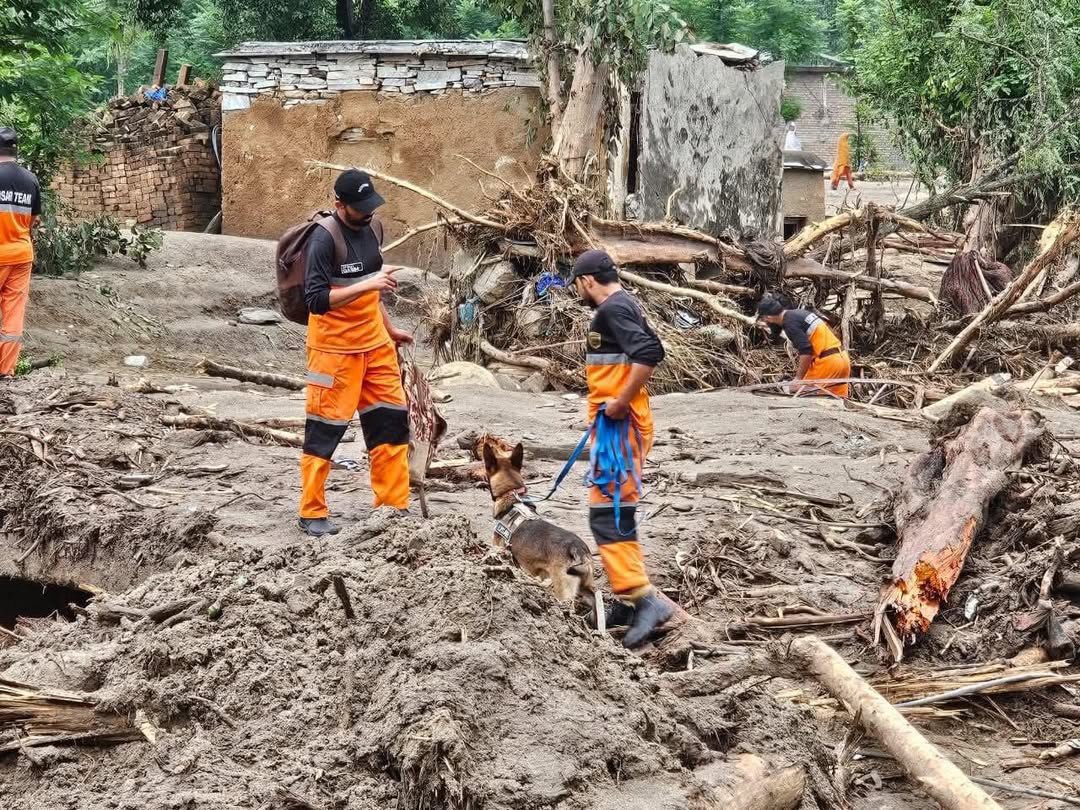How to help communities affected by flooding in Pakistan

Since Thursday, Aug. 14, at least 350 people have been killed in Pakistan from extreme flooding, mostly in Khyber Pakhtunkhwa (KP) province. More than 150 people are still missing, and 180 are injured.
Rescuers continue to look for missing community members, and relief efforts are now underway. Survivors have a long road to recovery ahead, and will need critical resources to rebuild stronger than before the floods.
The flood’s devastating impact
Rushing water triggered rockslides, which buried houses and buildings. At least 50% of the houses in the village of Bishnoi have been destroyed, and the others are no longer habitable. While other regions in Pakistan have suffered damage, the mountainous northwest region has been hardest hit.
Residents of Buner, a mountainous area in KP province, where the most fatalities occurred, say they did not receive evacuation alerts or weather warnings on the mosque loudspeaker as they typically do. Officials say it was because the deluge happened too quickly to respond.
Torrential rains caused by the monsoon season, along with rare cloudbursts and melting glaciers all contributed to the flash flooding.
Since June 26, more than 650 people have been killed by flooding in Pakistan. The 2025 monsoon season has already brought over 50% more rain than is typical.
It will be some time before the damage to infrastructure and the actual death toll can be accurately calculated, as more heavy rain has hampered rescue and recovery efforts.
How you can help
- Give cash. As with most disasters, experts recommend cash donations, which allow on-the-ground agencies to direct funds to the greatest area of need, support economic recovery and ensure in-kind donation management does not detract from disaster recovery needs.
- Support immediate and long-term needs to help survivors recover now and better withstand future disasters.
- Give to locally led humanitarian and aid entities whenever possible. These organizations are vital to long-term equitable recovery in communities after a disaster.
Join CDP’s effort to support recovery through our Global Recovery Fund.
